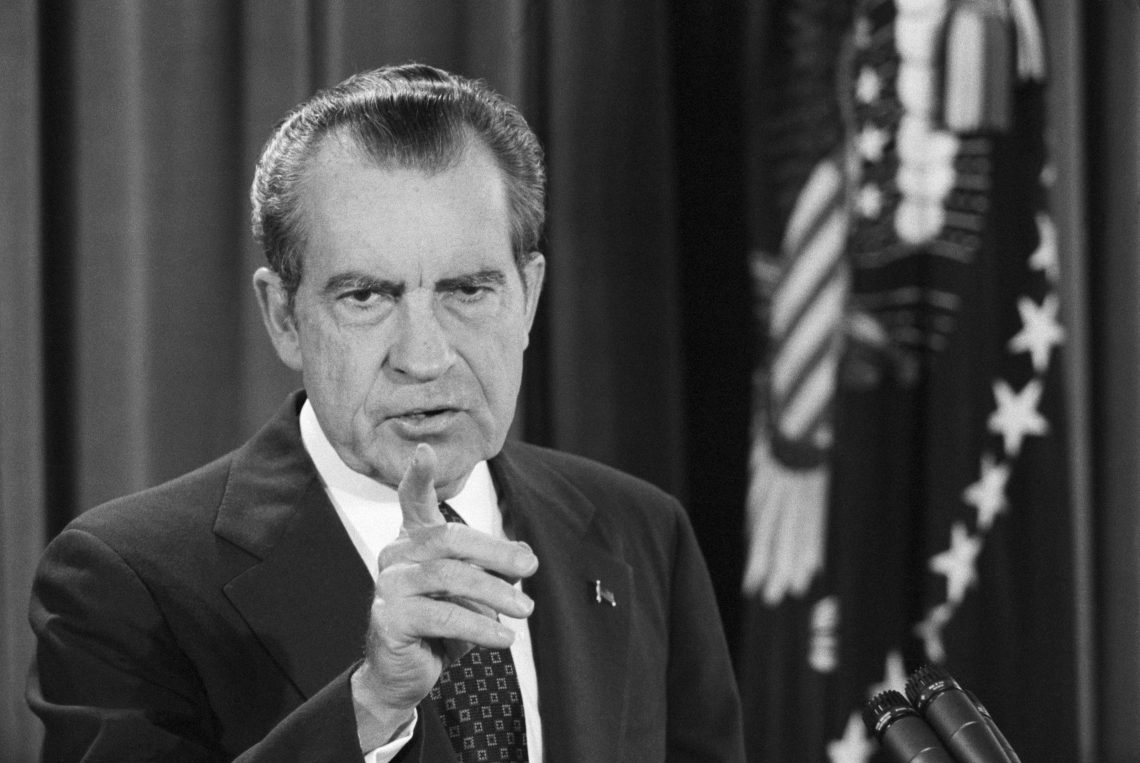






The U.S. economy continues to show positive signs, with unemployment remaining below 4% for 27 consecutive months and inflation staying relatively low. However, there is a growing pushback from readers who argue that the benefits of the economy's performance have only been enjoyed by the affluent, while essential prices have outpaced wage gains. This sentiment is shared by both partisan and left-leaning individuals [930c62d2].
Data from the Bureau of Labor Statistics reveals that wages for lower-paid workers have actually increased at a faster rate than wages for highly paid workers since the start of the pandemic. Additionally, the Bureau's experimental measures of inflation indicate that low-wage workers are not being significantly impacted by inflation [930c62d2].
However, an article from The Times highlights that despite official figures, rising prices are still hurting ordinary Americans, especially those at the bottom of the income ladder. The article argues that the impact of inflation on lower-income individuals is not adequately captured by the numbers. The Democrats attribute inflation to price gouging by businesses and suggest re-electing Joe Biden as the solution. However, the author of the article, Irwin Stelzer, argues for a different approach [40a55ad8].
Stefanie Stantcheva, a professor of political economy at Harvard, released two papers on inflation. The papers suggest that people dislike inflation more than expected and their understanding of it is different from what is taught in economics. Stantcheva believes that this is people's lived experience. The full article content is not accessible at the moment [930c62d2].
Amidst escalating inflation, individuals across the nation are feeling the pinch in various aspects of their lives. From surging mortgage or rent payments to skyrocketing monthly expenses encompassing groceries, utilities, gas, and daycare, the financial burden is palpable. The once-affordable convenience of fast food is evolving into a luxury many can no longer indulge in, while the soaring costs of health insurance render it unaffordable for numerous households. Furthermore, the weight of student loan debt continues to loom large, crippling aspirations and financial stability. The public discourse on inflation often revolves around macroeconomic factors and governmental policies. However, the role of corporations in this scenario warrants scrutiny. Are price hikes truly reflective of inflationary pressures, or are they driven by opportunistic profit-seeking? GEORGE Magazine invites individuals to voice their experiences and concerns regarding the impact of inflation and corporate pricing strategies. They are encouraged to cast their vote on what aspect of inflation is hurting them the most and share their insights in the comments section [930c62d2] [40a55ad8].
Persistent inflation has plagued most Western countries for over 50 years, stunting growth and feeding social anger. Inflation undermines real economic growth by prompting changes in the underlying economic structure, crowding out productive investments and promoting speculative investments. Inflation also increases inequality by driving a wedge between the rich and the less affluent classes, as asset prices rise faster than people's incomes. Furthermore, inflation promotes frustration and resentment, as average-income earners find it increasingly difficult to advance socially. The long-term consequences of persistent inflation could lead to a loss of trust in the economic system and potential dismantling of the democratic process. While technology may provide a way out, governments are likely to oppose and control potential solutions. Overall, the article highlights the negative effects of inflation on economic inequality and social cohesion [dade0aee].
In a related article from Econlib, Chelsea Follett discusses the positive news on global equality. The Inequality of Human Progress Index (IHPI) shows a decline in global inequality across various metrics since 1990, including income inequality, education inequality, and overall inequality. Worldwide equality has grown continuously for life expectancy, internet access, education, and political liberty. Incomes became less equal until the mid-2000s but have improved considerably since then. Adequate nutrition has seen appreciable gains in equality. Two exceptions to the trend of declining inequality are mortality resulting from outdoor air pollution and infant mortality. The growing disparity in air pollution deaths may indicate a transition in developing countries, while the inequality in infant mortality outcomes is due to faster reductions in high-income countries. Overall, global equality has grown faster than many appreciate. The article suggests that increasing public awareness of the decline in inequality may support free enterprise and liberalized international trade [ef017a4b].
A recent Pew Research Center survey conducted in spring 2024 across 36 nations reveals that a median of 54% of adults view the gap between the rich and poor as a very big problem, with 60% believing that rich people's political influence significantly contributes to economic inequality. The survey indicates that 57% expect children to be worse off financially than their parents, with pessimism particularly high in high-income nations. Majorities in 33 of the 36 nations advocate for major economic reforms, highlighting the ideological divisions, especially in the U.S., where 76% of liberals see economic inequality as a major issue compared to 30% of conservatives. The survey also notes that economic concerns influenced elections in over 60 countries in 2024 [feb2329d].
In a related article from the Philippine Star, Elfren S. Cruz discusses the importance of reducing income inequality and prioritizing it over GDP growth rate. The author highlights the current debate on increasing the minimum wage in the Philippines and argues that higher wages lead to greater prosperity. The author also mentions the impact of low wages on the economy, citing examples from history and other countries. Additionally, the article discusses the relationship between income inequality and violence, and how it has influenced political movements. Overall, the author emphasizes the need to address income inequality as a critical issue [6498fab3].
Adding to the discussion, Siraj Mufti's analysis on Islamicity.org highlights the stark contrast between wealth and poverty in the United States, where over 36.8 million people live in poverty, including 9.9 million children. The Supplemental Poverty Measure indicates that nearly 43 million Americans struggle financially. Food insecurity affects 13.5% of households, with 17.4 million Americans living in these conditions. Globally, 733 million people face hunger daily, with 2.8 billion unable to afford a healthy diet. The 2024 Global Hunger Index reveals serious hunger levels in 36 countries, and Oxfam reports that the richest 1% own more wealth than 6.9 billion people, exacerbating poverty. The pandemic has worsened income inequality, with 60% of the global population becoming poorer. Oxfam advocates for proactive government measures to reduce inequality and improve public services [945da5e1].